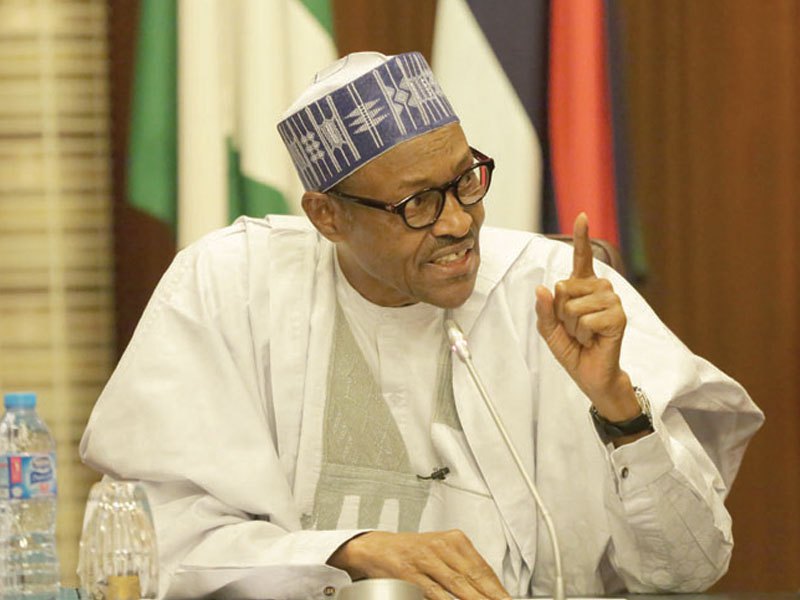There have been several interpretations to the order from Nigeria’s President, Muhammadu Buhari to the country’s central bank to halt the funding of food imports.
Some analysts have said the order has implications for the independence of the central bank of Nigeria.
But the Nigerian government said the move it meant to boost consumption of locally produced food.
Nigeria is Africa’s biggest economy and is the continent’s top oil producer. But it relies on crude sales for around 90% of it foreign exchange.
The country however wants to reduce the dependence on oil for it’s revenue streams. Resorting to boosting the Agriculture sector is seen as an important move.
In 2015 the central bank of Nigeria imposed a ban on access to foreign exchange for 41 items that could be produced in Nigeria.
In a statement on Tuesday the Nigerian presidency said “President Muhammadu Buhari … disclosed that he has directed the Central Bank of Nigeria (CBN) to stop providing foreign exchange for importation of food into the country.”
“Don’t give a cent to anybody to import food into the country,” Buhari is quoted as saying.
The call was meant according to the statement to bring about a “steady improvement in agricultural production, and attainment of full food security”.
“The foreign reserve will be conserved and utilised strictly for diversification of the economy, and not for encouraging more dependence on foreign food import bills.”
There are some who hope this move will give local farmers the encouragement to increase their yields since there could be local market for them.
Source: Africafeeds.com



